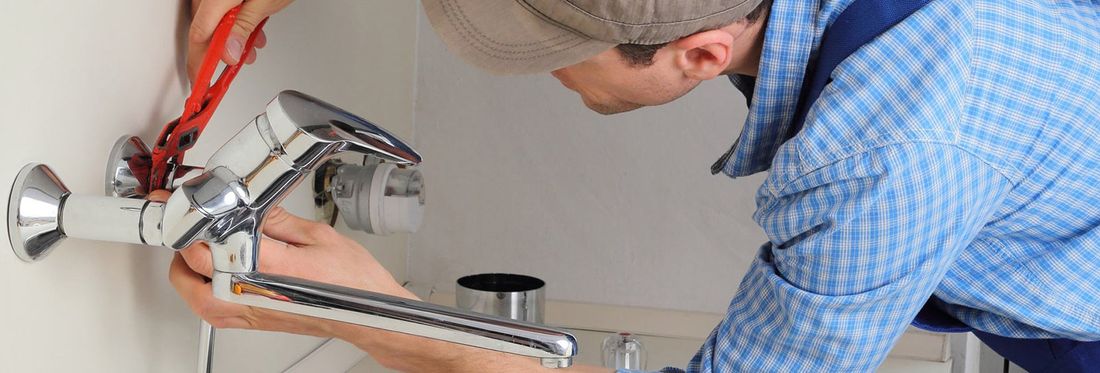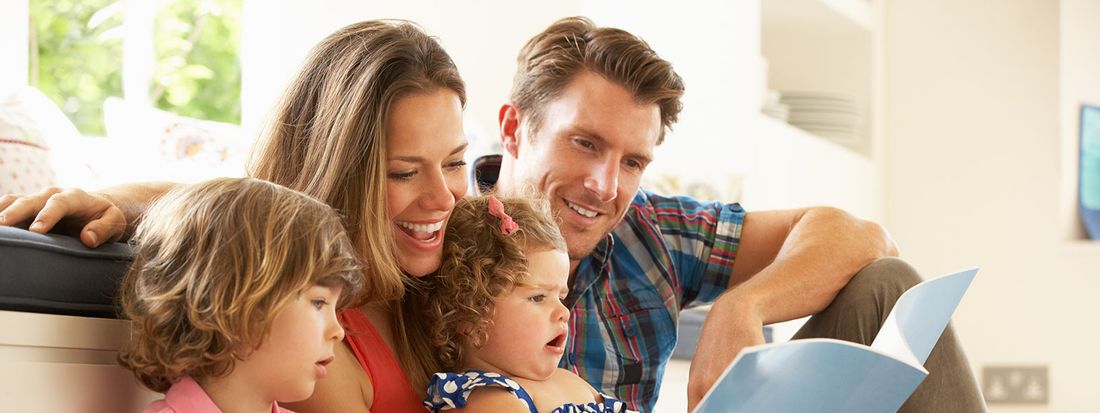No one wants to think of winter when the sun’s still shining. But with autumn fast approaching, there are things you can start doing to get your home ready for those frosty nights.
Here are our 8 recommended steps to keeping your home safe from frost damage and breakdowns, keeping you toasty through the winter months.
Water piping
Check all outdoor piping and making sure it is well insulated will decrease the risk of burst pipes. It is also recommended where possible, that outdoor pipes be fitted with an isolating tap and drained ahead of any heavy frosts.
Check that any piping in the loft or eaves is well insulated too. This includes water tanks and water cylinders. Burst pipes caused by tanks and cylinders are costly, including damage to ceilings and plasterwork.
Drains and gutters
As the trees start to shed their leaves, regular checks that there is not a build-up of fallen leaves or moss. Drains, gutters and downpipes should be kept free of any debris.
To prevent this, cages can be fitted to gutters and downpipes to prevent blockages. Drain guards can be bought from most home improvement stores for just a few pounds.
In addition to removing built-up leaves, it is also advised to trim back any overhanging branches from trees and bushes to ensure that there is no damage to property in the event of high winds.
Paths and patios
Paths and patios should be kept clear of any leaves and debris that could encourage mould to grow across the surface. Any areas that are affected by mould we advise to be treated by chemical wash or power washing to avoid them from becoming a slip hazard in wet weather.
Sealing those drafts
Check all doors and windows to ensure there are no drafts coming into the house. Self-adhesive foam strips can easily be fitted to any frame to seal any gaps. Draft excluders or heavy-draped curtains can be placed in front of doors to avoid the loss of any heating within your property.
Servicing appliances
Don’t leave checking your heating until the first cold spell. If it’s not working properly at this point, then trying to book an emergency engineer to repair it can leave you at the end of a very long list of people experiencing the same issues. Ensure that any gas fires or boilers are serviced by one of our expert engineers. This ensures that the devices are working to maximum efficiency and not wasting precious fuel. With the current cost of living crisis, these annual services are vital to ensure good performance and reduce the risk of costly breakdowns during the cold winter months.
Thermostats
When was the last time you changed your thermostat batteries? We recommend they be set to a minimum of 16-18 degrees during the day. This will help keep your home at a comfortable temperature whilst not requiring your boiler to be working at full and expending additional fuel heating it up from the cold. You should also set a minimum temperature at night or if you are away from the property for any period of time. This will prevent any burst pipes as well as prevent dampness in the house.
Radiators
Checking each radiator in your home and ensuring that there are no cold spots can also help ensure your boiler does not have to work in overdrive, prevent cold spots and increase your boiler efficiency.
To test this, turn your heating on and allow the radiators to heat up. If there is air in the rads then the top of the radiator will feel cooler to touch than the bottom.
To bleed your radiator ensure that the system has been turned off and cooled down and that you have a towel, rag or wad of paper towel to prevent any leaking or water damage. Use a specialised key to loosen the valve in the top corner of the radiator until you hear a hissing sound. When the hissing sound stops and a fine mist of water is sprayed then close the valve.
Keeping the rag or paper close to the value during this process will prevent the water from spraying too far. Once you have tightened the valve, dry it thoroughly and leave it a few moments before checking again to ensure it is still dry. If you have moisture on the cloth then the valve requires more tightening. This will avoid any leakages and water damage to walls and floors.
Once all radiators have been bled it is essential to then top up the water in your boiler. Failure to complete this last step can lead to irreparable damage to your system. Most modern systems will have a how-to guide available on their websites or on YouTube. If in doubt, speak with our engineer during your annual service visit.
Stopcock and water meter
Lastly, ensure you know the location of your stopcock.
Hopefully, any leaking pipes will have individual isolating valves fitted.
But in the event that any pipe leaks cannot be isolated, it is essential to know how to switch the mains water feed off from your property. Turning this off in the event of a leak will reduce the risk of additional damage while you wait for an emergency engineer to attend to your property.
We also advise you to check your water consumption on the roadside meter. If this has risen substantially since your last meter reading, it could mean a leak on the property that has not yet been located. If you have concerns about leaks, then please contact one of our qualified engineers who will be happy to help.
If you have any questions or are in need of further advice, just call a member of the EVO Plumbing and Heating team who will be happy to help.
Freephone 0800 920 2030
Alternatively you can enquire online and we will get back to you shortly.

